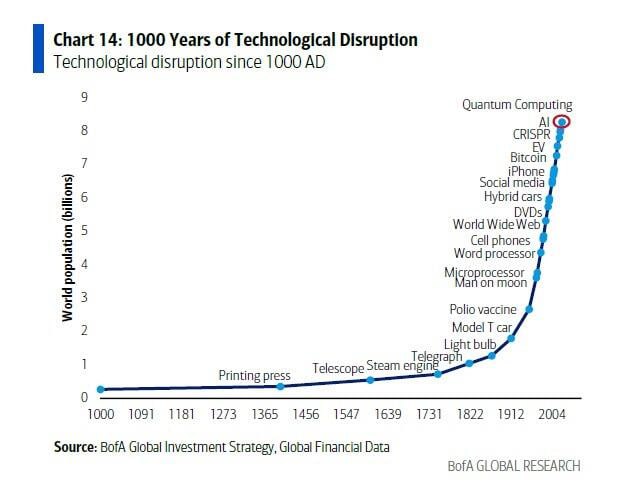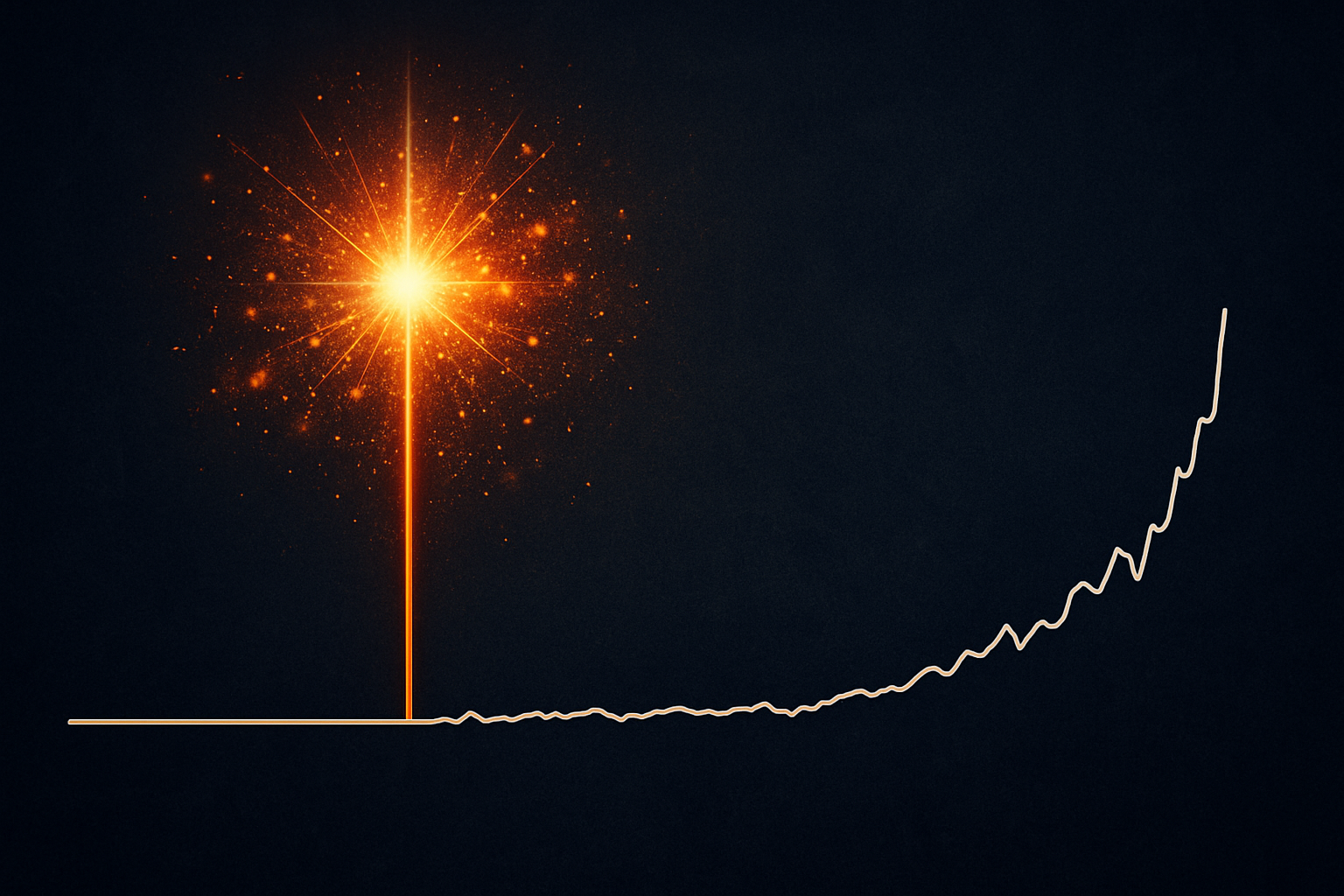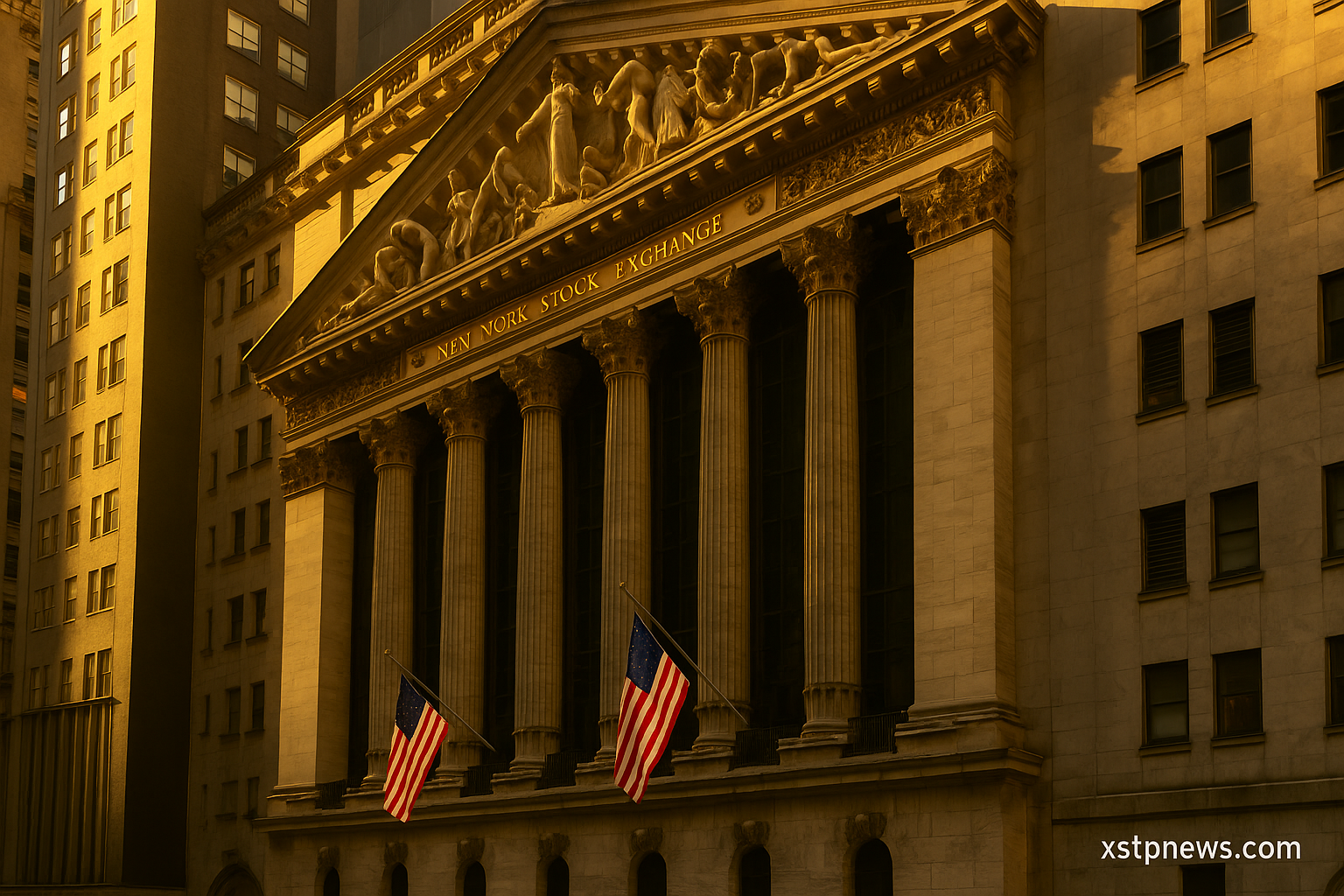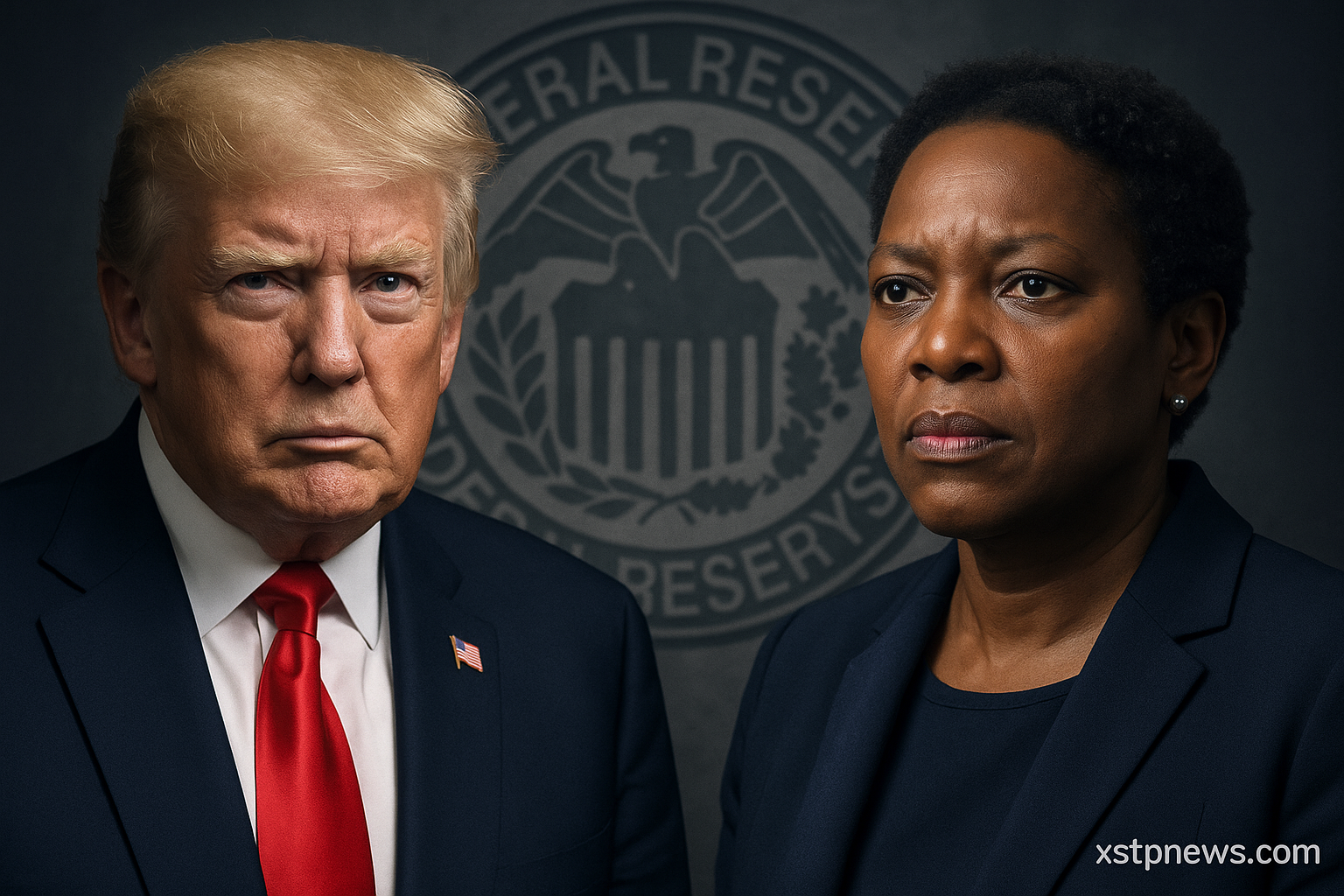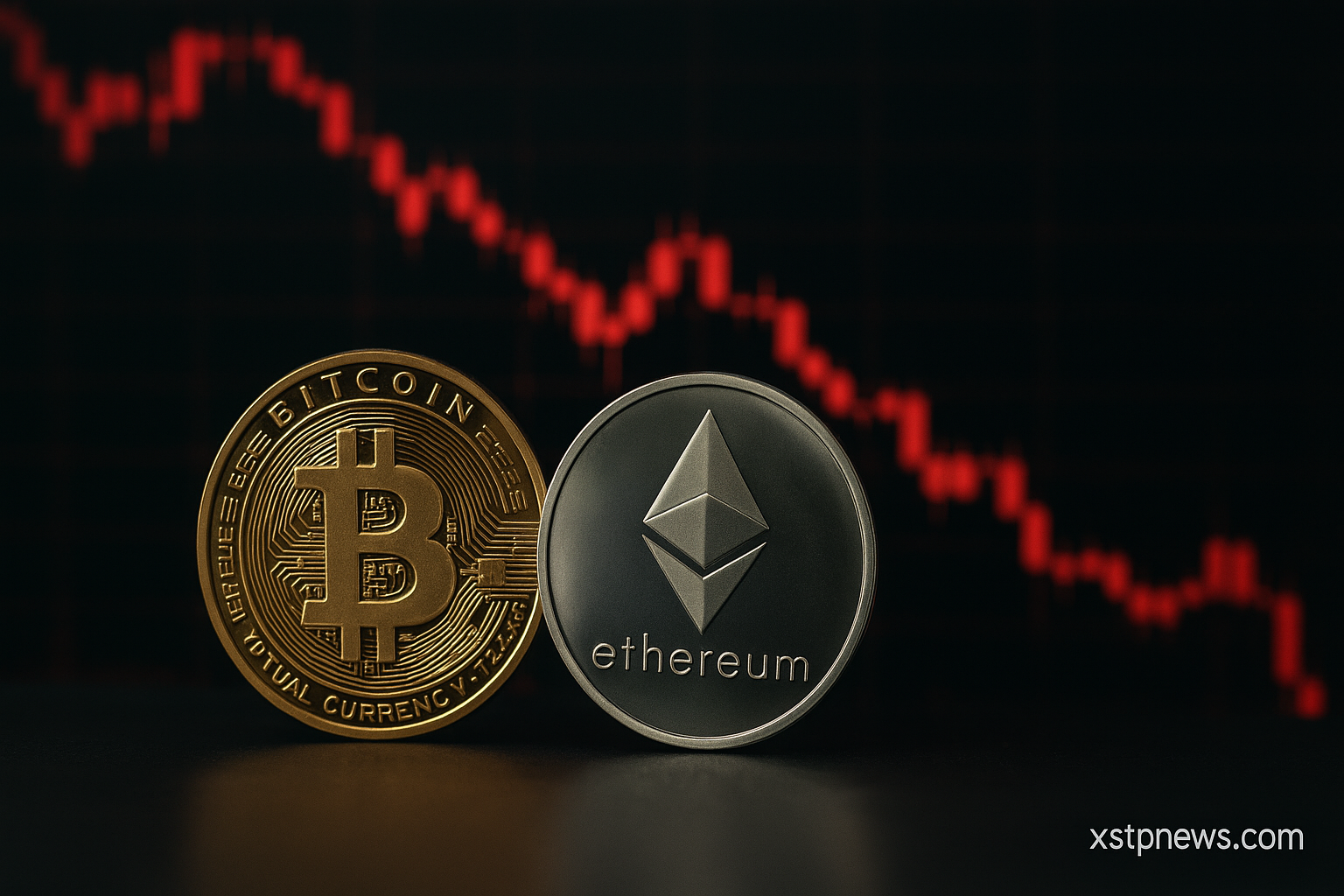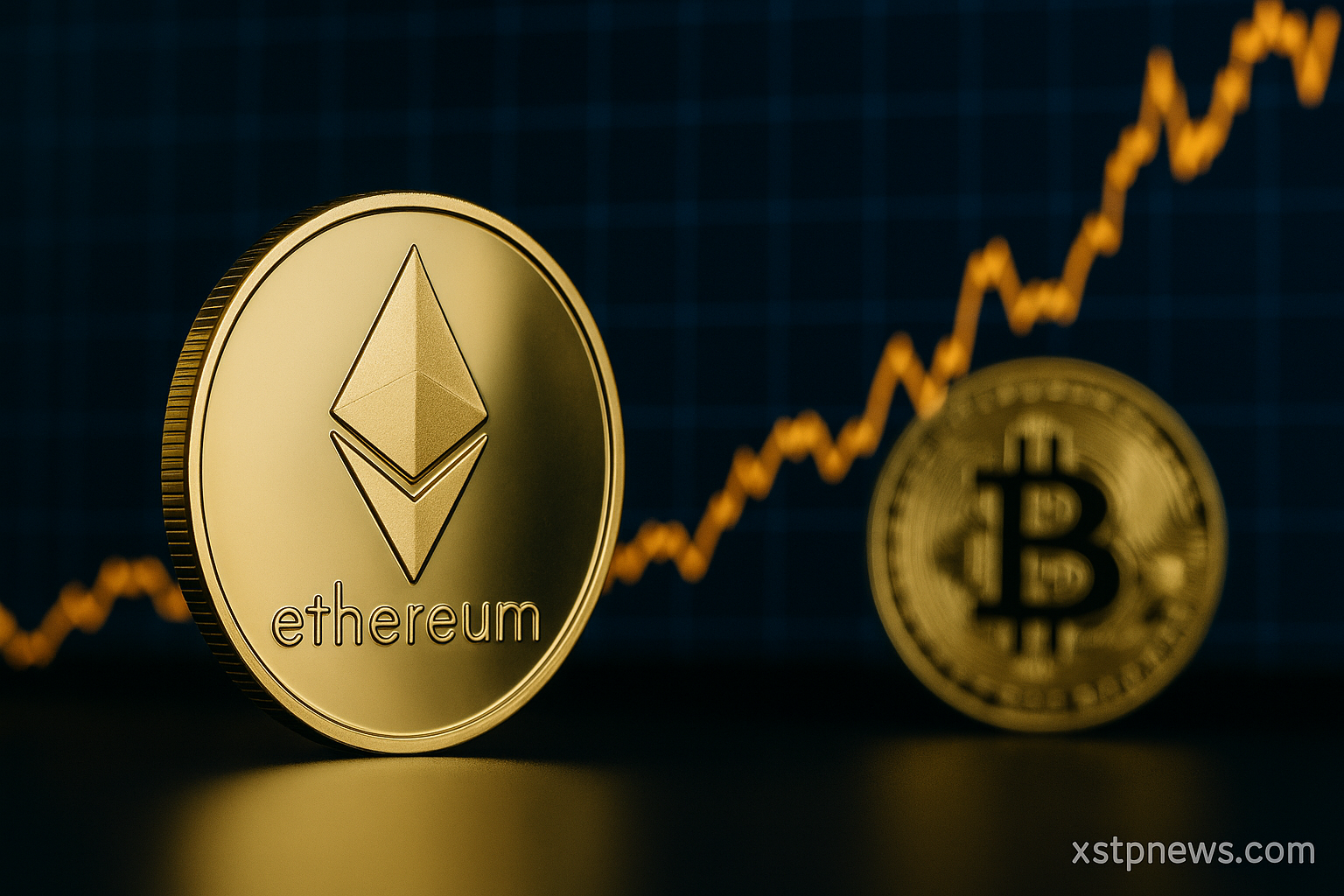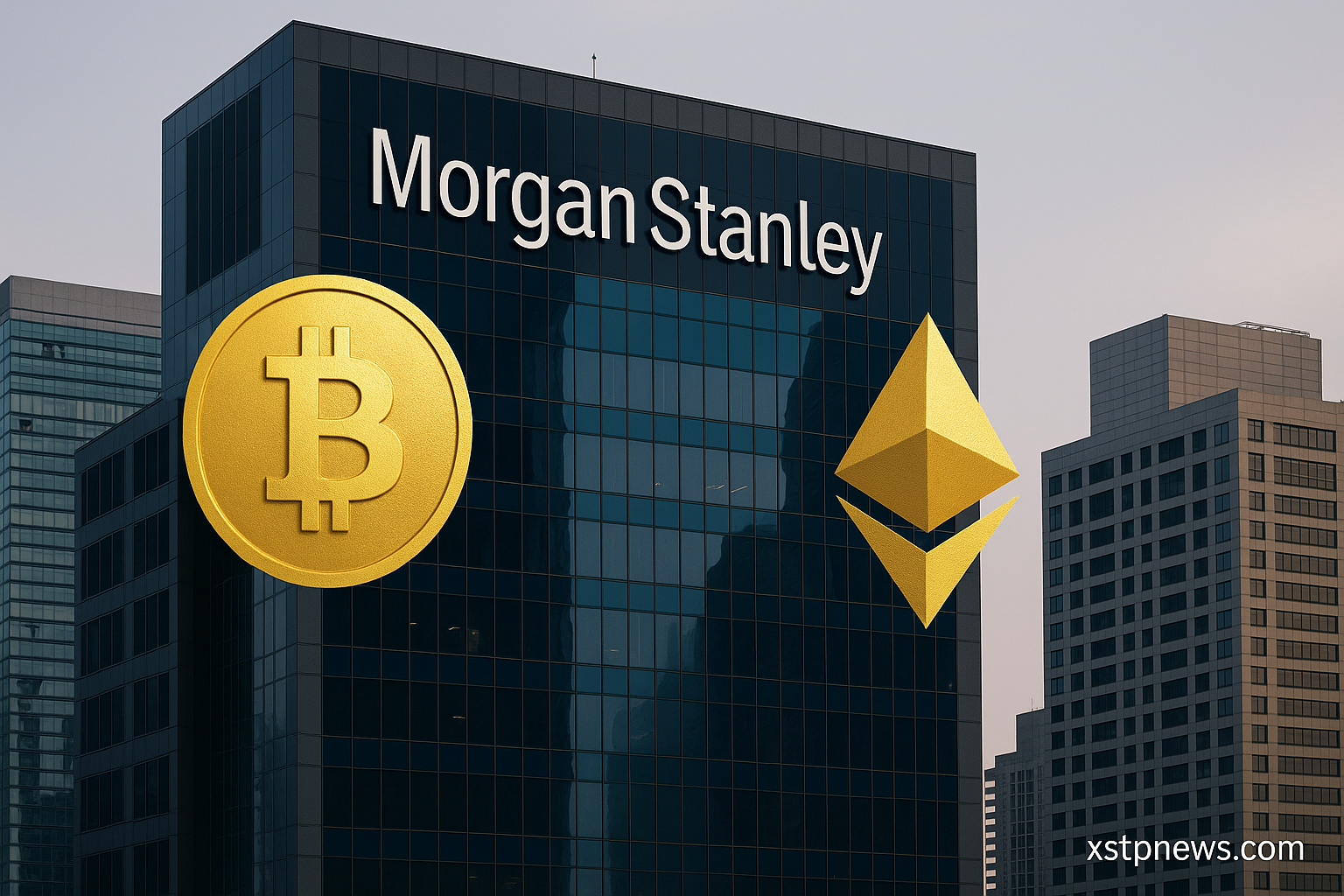For centuries, innovation moved slowly. Progress felt linear, even stagnant.
Then, everything changed.
The chart above, published by BofA Global Research, is not just a timeline. It is a visual explosion. A sharp curve that shows how humanity leapt from centuries of silence into a storm of invention.
What does the chart really show?
From the year 1000 to about 1800, major breakthroughs like the printing press, telescope, and steam engine changed the world. But the pace was slow. Measured. Predictable.
During those 800 years, global population barely moved.
Then came the 20th century. And something shifted. Technology found scale.
We entered the era of compounding disruption.
- The light bulb.
- The Model T.
- The polio vaccine.
- The microprocessor.
- The internet.
- The iPhone.
- Bitcoin.
- Artificial Intelligence.
- Quantum Computing.
Each invention now unlocks not just one industry but transforms everything around it.
Why does this matter right now?
Because we are no longer watching disruption. We are inside it.
Each new wave is bigger, faster, and more global. And with every breakthrough, the rules of money, power, and opportunity are rewritten.
What this chart screams is simple. The world is not going back to the old model.
We are stepping into a new economic order. One built on code, networks, and decentralized systems.
What can we learn from this?
- Disruption does not follow a straight line. It accelerates.
- Each major innovation is a reset button for society.
- Investing in change is no longer a strategy. It is survival.
StartUpX: Positioned for the Next Wave
In the heart of this technological storm, StartUpX is opening access to innovation for all.
We are building a bridge between early-stage startups and global investors.
We tokenize real-world equity and bring venture-grade opportunities to everyday people.
This is not just about chasing trends.
It is about shaping the next phase of financial inclusion.
Final Thought
You are not just looking at a chart. You are looking at the compression of 1000 years of progress into one single human lifetime.
The only question is
Will you watch the future happen
Or will you own a piece of it
